For the most part, Borderlands 3 was not a good game. The innovations made to movement mechanics and visuals were appreciated, but undermined by the game’s woeful storytelling. To this day, remembering any plot point involving Ava still makes me shudder. So I had my expectations set before going into Tiny Tina’s Wonderlands.
To get you up to speed, Tiny Tina’s Wonderlands is Gearbox Software’s latest title. It is a spin-off of Borderlands and a successor to the popular Borderlands 2 DLC, Tiny Tina’s Assault on Dragon Keep. Tiny Tina’s Wonderlands is also built on the same Borderlands 3 engine, which is by no means a bad thing.
For all of its writing, the problems with Borderlands 3 had nothing to do with the engine, though. The gunplay, physics, and aesthetics were all excellent. Some of the vaults were pretty epic, too, thanks to the gorgeous special effects that illuminated their interiors. Tiny Tina’s Wonderlands achieves much the same, albeit with a different coat of paint applied.
Rather than the apocalyptic sci-fi setting present in Borderlands, Tiny Tina’s Wonderlands brings dungeon master Tina’s bright and colorful fantasy to life. And what a fantasy it is. The world is oozing with creativity. Gearbox has never had a problem creating great worlds, but even by its high standards, this game is its most impressive effort yet. I adore Pandora but Borderlands‘ wacky nature fits better in a world of fun like this.
Keeping the cringe in check
So, the question on everyone’s mind: is it cringeworthy? Following the disaster that was Borderlands 3‘s narrative, Gearbox really had to get things right this time around. And for the most part, it has. I’m glad to say that Tiny Tina’s Wonderlands has a better story, even if it isn’t nearly as ambitious.
A big problem with Borderlands 3 was that The Calypso Twins weren’t convincing antagonists. It didn’t help that they were following Handsome Jack, who is one of the greatest video game baddies of all time. This time around, we have the Dragon Lord (voiced by Will Arnett). Although he’s no Jack, the Dragon Lord works well as a Borderlands villain because he doesn’t take himself too seriously.
That might be the biggest improvement Tiny Tina’s Wonderlands has made over Borderlands 3. It isn’t pretending to be some epic, tear-jerking drama anymore. Gearbox knows that Borderlands is a silly game for people who like silly things. I play games like this to have fun and laugh at the deliberately dumb dialogue. It doesn’t need to be more complicated than that.
It’s your story
An aspect of Tiny Tina’s Wonderlands that I really appreciate is the customization. Borderlands games tell the story of a select group of vault hunters, but Wonderlands tells your story. You can tweak your character to look, sound, and act exactly how you want. I don’t necessarily want the traditional vault hunter classes dropped for future games, but it’s a refreshing change following Borderlands 3‘s lackluster cast.
Wonderlands has six classes to choose from, which is an improvement from the usual four. However, each class only contains a single skill tree. This doesn’t limit build variety as much as you would think, as you can unlock a secondary skill tree of choice halfway through the story. Most Borderlands builds rarely used more than two trees anyway, so it’s business as usual.
Keeping with the D&D theme, Guardian Rank has been switched out for Hero Points. These are used to spec when creating a build and more are earned with each level. Hero Points are broken beyond belief. They can drastically increase both your critical hit damage and critical hit chance. With certain builds, I’ve found this combination makes the majority of content too easy. Although, taking advantage of the new difficulty setting and cranking things up to Intense is a good way to circumvent this.
Speaking of which, this difficulty setting makes Tiny Tina’s Wonderlands by far the most approachable Borderlands game to date. The balanced difficulty setting is your standard Borderlands experience, Intense is great for those who want to be challenged and have to play smart, and Relaxed is perfect for more casual players. It is disappointing, though, that there is no True Vault Hunter mode equivalent. And no, I don’t believe that the new Chaos Chamber game mode makes up for that. Fighting waves of enemies for loot is fine, but it isn’t comparable to a well-executed New Game+.
A different perspective
Perhaps my favorite new addition is the Overworld, which acts as a stage selection screen. Exploring it lets you transition between the various worlds freely. That alone is nice, as it adds a sense of exploration, but there’s plenty more on offer here.
The Overworld contains a variety of collectibles, side quests, dungeons, and shrines to discover. I really like that the shrines reward players for going out of their way to complete side content. Each one is made up of four separate pieces that can be collected through various tasks. Once all four pieces are gathered, you can complete the shrine to earn different bonuses.
Naturally, they all have that signature Borderlands charm, with the luck bonus coming from the Shrine of Aaron G and bonus crit damage from the Shrine of Throatus Punches. Now that’s the kind of lowbrow humor I want from my Borderlands games.
While I do like the Overworld, there’s no denying that it has a problem. Most of Tiny Tina’s Wonderlands‘ gameplay is fast-paced and crazy. No surprise there. But the Overworld is weirdly slow and can get boring to navigate. The Shrine of Zoomios helps out somewhat by increasing Overworld movement speed by 15%, but even this leaves a lot to be desired. A sprint function would have gone a long way in fixing this issue.
Rough around the edges
Tiny Tina’s Wonderlands on PC isn’t a disaster, but it could be better. There are a handful of small oversights that make the experience less enjoyable if you’re using mouse and keyboard. Some examples include scope sensitivity being far too low, the 3D map being clunky to operate at lower DPIs, and menu navigation clearly being designed with a controller in mind. What’s disappointing is that these issues were present in Borderlands 3 and have not been addressed despite Tiny Tina’s Wonderlands coming out almost three years later.
Performance wise, Tiny Tina’s Wonderlands holds up reasonably on a wide range of machines. Using the in-game benchmark tool, an RTX 2060 managed 48 fps on 1440p High settings, 65 fps on 144op Medium settings, and 88 fps on 144op Low settings. All 1440p testing was done with anti-aliasing disabled and AMD FidelityFX disabled. With AMD FidelityFX enabled, an average increase of about 10 fps was achieved across all presets.
At 1080p High settings, the same machine managed to average out at 76 fps. 1080p Medium settings saw that rise to 111 fps, with 1080p Low settings going as high as 132 fps. If you’re just looking for a playable 1080p experience, then a GeForce GTX 1060 (6GB) or equivalent should suffice. In contrast, anyone serious about 4K gaming will have to make the jump up to an RTX 3070 or equivalent. Regardless of resolution and settings, at least 16GB of RAM is highly recommended to avoid frame pacing issues.
A worthy Borderlands game, at last!
Coming off of the back of Borderlands 3, my expectation for Tiny Tina’s Wonderlands weren’t great. Since 2K Australia developed The Pre-sequel and Tales from the Borderlands was Telltale’s work, it has effectively been a decade since Gearbox’s last good Borderlands game. I was convinced that they just didn’t know how to make good games anymore, but it turns out that isn’t true.
Tiny Tina’s Wonderlands is a good spin-off that Borderlands fans should be happy with. It takes the gameplay aspects of Borderlands 3 that were popular while mostly amending the writing issues. Don’t get me wrong, this isn’t as good as Borderlands 2. But after everything we’ve been through, I’ll take it. The biggest concern I have is that with no New Game+ and a relatively short story it’s difficult to justify the steep $60 USD price tag.

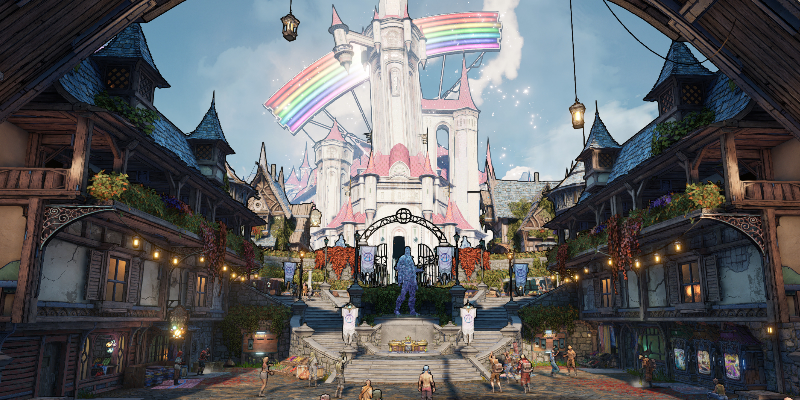

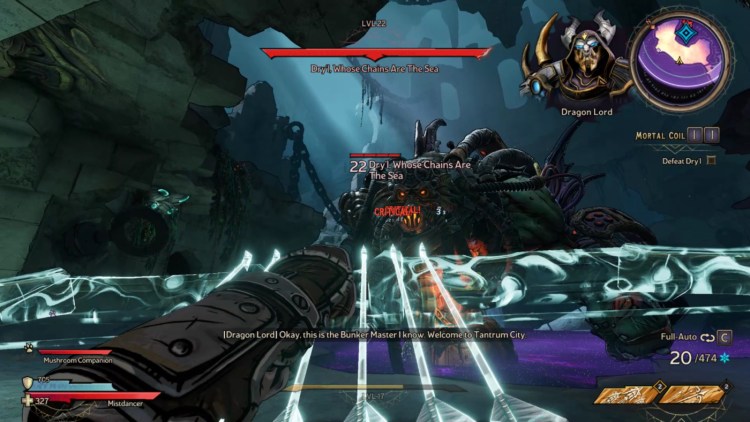
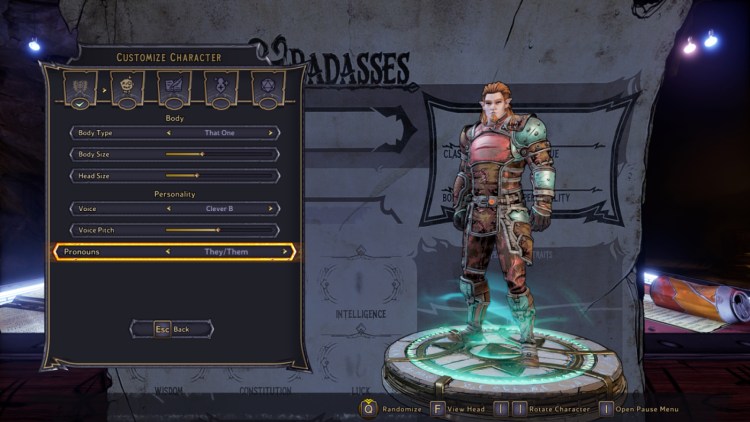
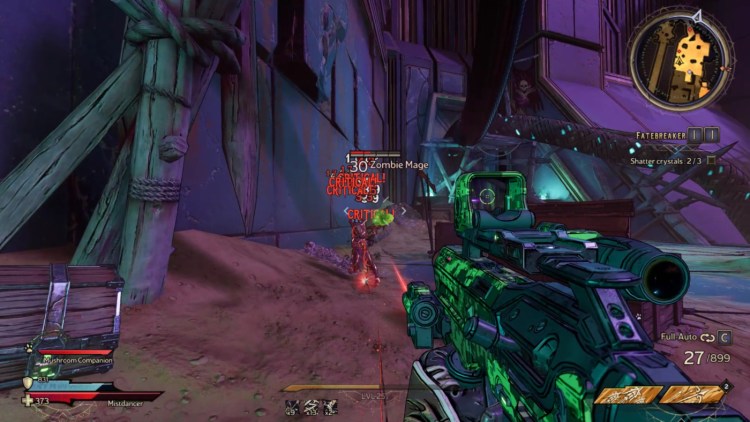
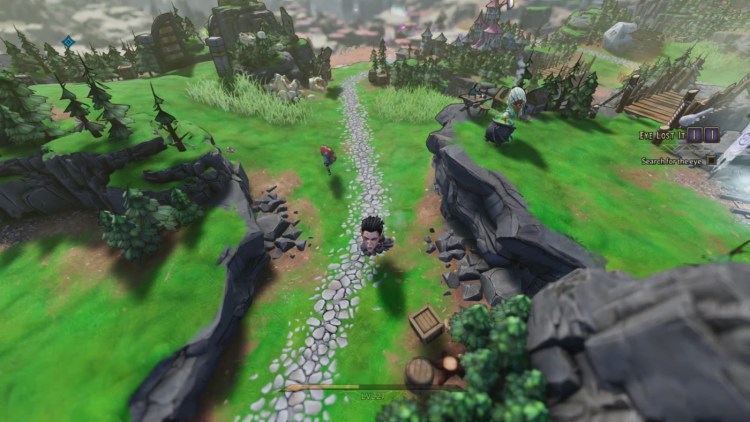
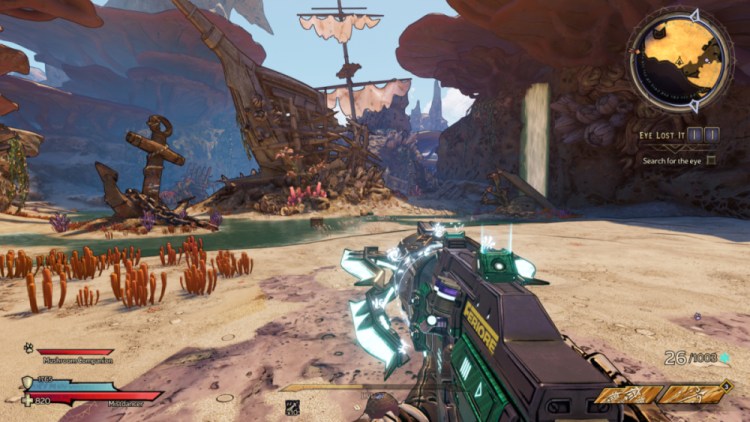





Published: Apr 1, 2022 03:00 pm